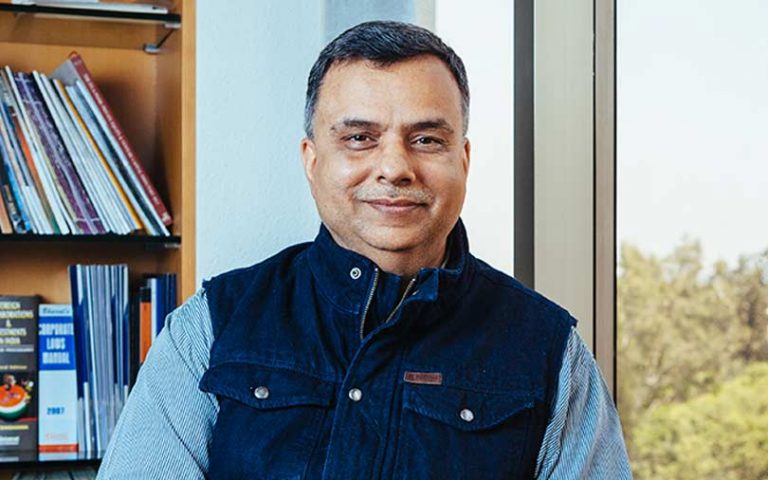Half of our VC exits came via domestic M&As, 40% of LP money is local : IDG’s Sethi

Sudhir Sethi
IDG Ventures India was among the top three investors last year in the venture capital space. In terms of new deals, it was the second-most active in the space. What drove investments last year for the venture capital firm and do you expect to maintain the pace this year as well?
IDG Ventures India made the final close for fund-raising for its third fund last year. Give us a sense of the fund-raising climate and the limited partners’ view on India?
What could be done by the government to shore up more rupee capital?
IDG Ventures India is attracting more rupee capital than other venture capital firms operating within India. How is this turning out for your firm?
In 2017, follow-on investments outpaced new deals for most venture capital firms, including IDG Venture Partners. What are the factors behind this?
We are seeing fewer Series A deals, while the number of mid-stage to end-stage deals seems to be stabilising. Is this the new normal for the Indian startup ecosystem?
The Budget speech highlighted venture capital and alternative investment funds, and the stakeholders were quite upbeat. The Budget promised some innovative measures for the industry. What actions should the government immediately take?
The Budget has made a promise of good things to come. But I think there are certain things the government needs to look at urgently. First, the government must help shore up rupee capital in venture funds. Currently, the total quantum of rupee money coming into venture-capital- funded and private-equity- funded companies in India, compared with the dollar money, is very small. It is certainly anywhere between 5% and 10%. The message that comes is if Indians are not willing to put money in India, why would international capital be willing to invest in the country?\
I also don’t see the logic of the government authorising what a startup should be, to be entitled to benefits. It goes against their philosophy of minimum government but maximum governance. I think it should be a free market.
There is also a host of niggling issues, such as the angel tax, which has taken more than a year to just address it. I think we need to speed up to resolve these niggling issues.
Which sectors are the most attractive at the moment?
I think the areas where we are increasingly finding good opportunities are robotics and innovation in health-tech. Software is increasingly attracting more capital from IDG since there have been some good exits there. Besides, there is the whole area of technology use in agriculture and fin-tech spaces.
As a venture capital firm, we will be open to innovation in any sector but we are not going to touch anything that is heavily regulated at the broader level.
Most venture capital firms this year seem bullish on health-tech, and IDG has been quite active in this segment. What is exciting about this space now?
What is your view of the rising dry powder in the country? And what is your take on valuations?
I think the country can absorb more capital. I truly believe that mechanisms should be built to increase the number of domestic funds to address India problems. And we are fairly happy with the fact that valuations are where they are. Entry valuations are not shooting up.
